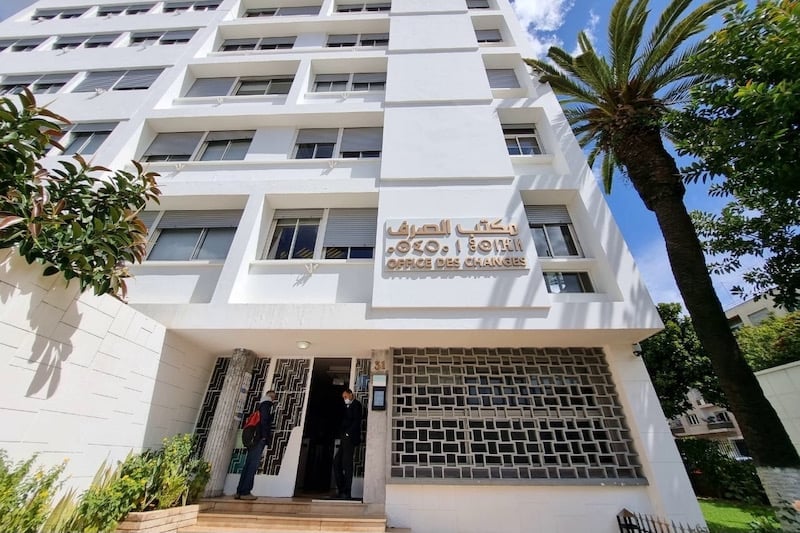
The Moroccan Exchange Office has intensified its probes into an alleged network suspected of facilitating the laundering of substantial amounts of money overseas via import-export activities conducted by firms nominally owned by foreigners, mainly from France and Turkey, according to sources closely acquainted with the situation who spoke to Smart Tecno.
As per these sources, financial surveillance officers obtained comprehensive information indicating that specific overseas "investors" were being utilized by individuals within the network.
These people received shares in pre-existing firms or saw new enterprises established in their names. Additionally, they were provided with complete control over bank operations, enabling them to legally obscure international fund movements as a means to evade monetary oversight.
Initial inquiries have revealed clusters of such operations in Tangier, Casablanca, and El Jadida. These enterprises primarily focus on sectors like textiles, apparel, and overall import-export services.
The Exchange Office is collaborating closely with the General Administration of Customs and Indirect Taxes along with the General Directorate of Taxes to identify both the companies and their overseas executives.
The investigators discovered that the network managed to launder significant sums of money over the last three years. They maintained the legality of their business operations by timely payment of customs duties and taxes as required by law.
One of the main focuses of the inquiry has been pinpointing discrepancies in the export activities conducted by these externally managed companies. In multiple instances, significant earnings obtained through exports were not returned to Morocco as mandated by law. Rather, this funds were rerouted into accounts held in overseas tax shelters.
The inquiry uncovered dubious activities related to exaggerated import bills, conducted alongside exporters located in Europe, Asia, and South America. By inflating these values, larger sums could be legitimately sent overseas purportedly as payment for imports, which included prepayments amounting to as much as 30% of overall import expenses. This inconsistency was subsequently concealed within offshore accounts.
Sources have verified that the Exchange Office has initiated data-sharing collaborations with the Financial Intelligence Authority in an effort to collect additional details about the suspected companies and their international associates. This move aims to reveal the complete extent of the supposed money-laundering activities and monitor the movement of finances routed via worldwide trading transactions.
These initiatives sync with Morocco’s larger initiative aimed at reducing unauthorized capital flight, which includes better oversight of expenditures related to international trips. Over the past few years, the Exchange Office has enforced more rigorous auditing procedures and adopted advanced surveillance tools. Additionally, they revised their 2022 foreign exchange regulations to raise limits on costs associated with traveling abroad.
The limit for individual travel expenditures has been elevated to 100,000 dirhams per year (upped from 45,000 dirhams). This figure can be further augmented by an additional 30%, contingent upon income tax levels, but this cannot surpass a maximum threshold of 300,000 dirhams. Additionally, business-related travel allotments have seen an increase from 60,000 to 100,000 dirhams.
The post The Moroccan Foreign Currency Bureau is investigating a money-laundering network with international connections. appeared first on TecnoEnglish Smart - Morocco News .
Post a Comment